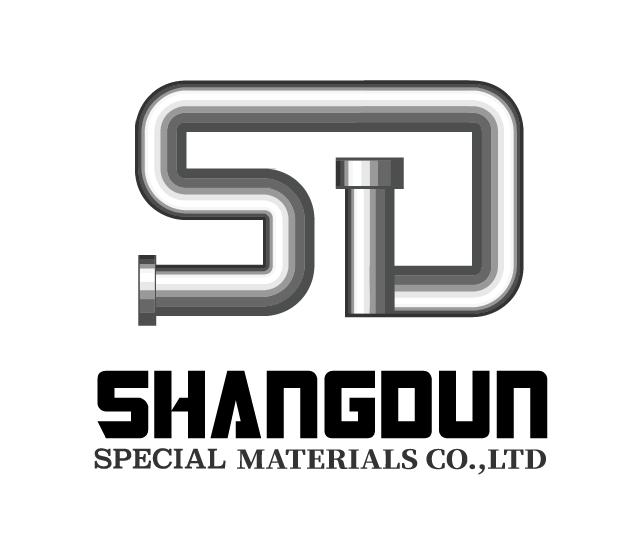INCONEL alloy 617 (UNS N06617/W.Nr. 2.4663) is a solid-solution, strengthened, nickel-chromium-cobaltmolybdenum alloy with an exceptional combination of high-temperature strength and oxidation resistance. The alloy also has excellent resistance to a wide range of corrosive environments, and it is readily formed and welded by conventional techniques. The limiting chemical composition of INCONEL alloy 617 is listed in Table 1. The high nickel and chromium contents make the alloy resistant to a variety of both reducing and oxidizing media. The aluminum, in conjunction with the chromium, provides oxidation resistance at high temperatures. Solid-solution strengthening is imparted by the cobalt and molybdenum. The combination of high strength and oxidation resistance at temperatures over 1800°F (980°C) makes INCONEL alloy 617 an attractive material for such components as ducting, combustion cans, and transition liners in both aircraft and land-based gas turbines. Because of its resistance to high-temperature corrosion, the alloy is used for catalyst-grid supports in the production of nitric acid, for heat-treating baskets, and for reduction boats in the refining of molybdenum. INCONEL alloy 617 also offers attractive properties for components of power-generating plants, both fossilfueled and nuclear. Property values are given in both United States customary units and the International System of Units (SI). The SI unit of stress is the pascal (Pa), which is equivalent to newton per square metre. The approximate relationship between the pascal and the pound per square inch (psi) is 1 Pa = 0.0001450 psi, or 1 psi = 6895 Pa.
Physical Constants and Thermal Properties Melting range and some physical constants at room temperature are shown in Table 2. The alloy’s low density, compared with tungsten-containing alloys of similar strength, is significant in applications such as aircraft gas turbines where high strength-to-weight ratio is desirable. Thermal properties of alloy 617 at temperatures to 2000°F (1095°C) are given in Table 3. Values for thermal conductivity and specific heat were calculated; other values were measured. Thermal expansion of INCONEL alloy 617 is lower than that of most other austenitic alloys, reducing stresses from differential expansion when the alloy is coupled with carbon steels or low-alloy steels. Modulus of elasticity of INCONEL alloy 617 is shown along with Poisson’s ratio (calculated from moduli of elasticity) in Table 4. The modulus values were determined by a dynamic method.
Mechanical Properties INCONEL alloy 617 has high mechanical properties over a broad range of temperatures. One of the alloy’s outstanding characteristics is the strength level it maintains at elevated temperatures. The resistance of the alloy to high-temperature corrosion enhances the usefulness of its strength.
Tensile Properties: Typical room-temperature tensile properties of various product forms are listed in Table 5. All values are for material in the solution-annealed condition. Properties shown for sheet, strip, and plate are for the transverse direction. Tensile properties at high temperatures of solutionannealed, hot-rolled rod are shown in Figure 1. The test specimens were from rod of 0.50-in (13-mm) or 0.62-in (16- mm) diameter. High-temperature tensile properties of solution-annealed, cold-rolled sheet are presented in Figure 2. The tests were performed in the transverse direction on sheet of 0.187-in. (4.75-mm) thickness
Leave Your Message
Post time: Aug-05-2020




